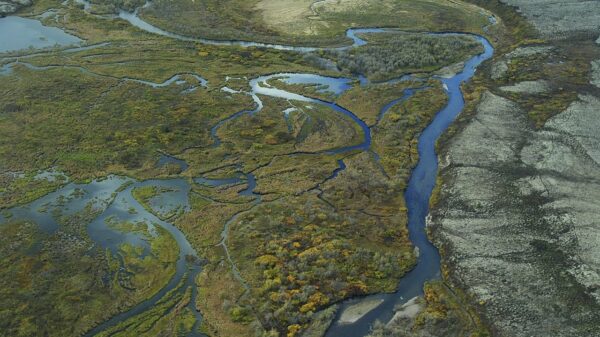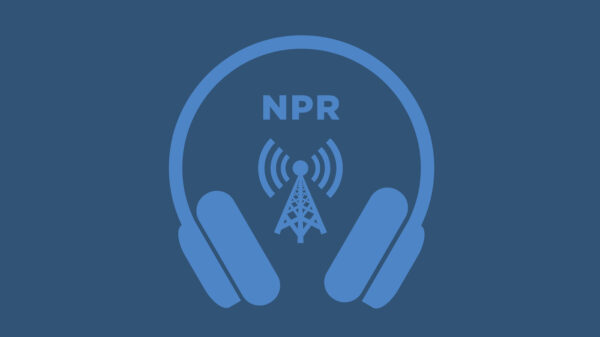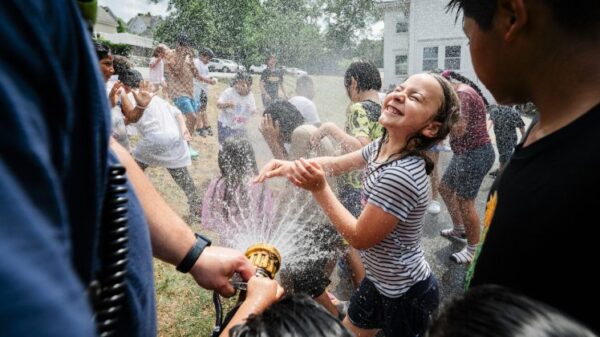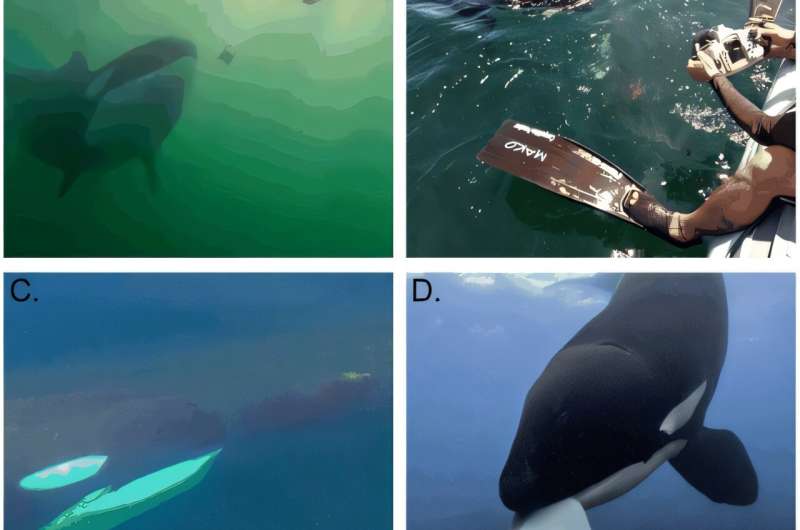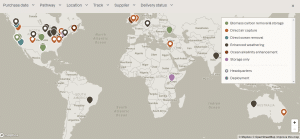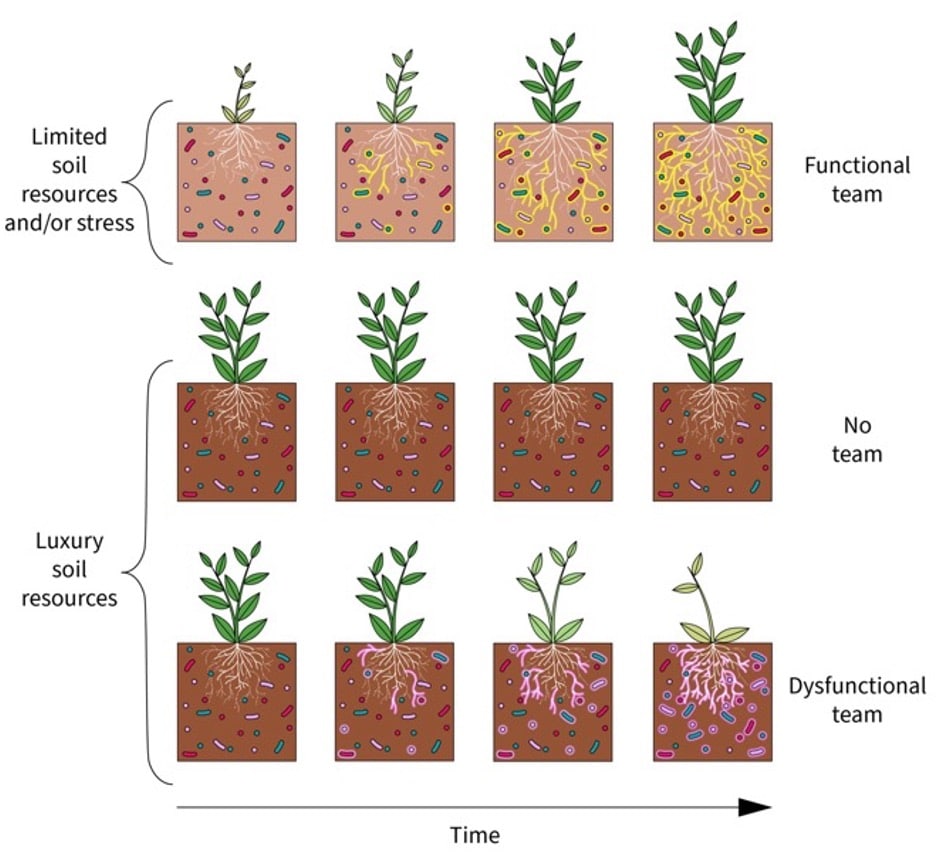In a fascinating display of interspecies interaction, wild orcas, commonly known as killer whales, have been observed offering food to humans, akin to a cat presenting a bird to its owner. This behavior was documented in a study published in the Journal of Comparative Psychology, revealing 34 such interactions over two decades across global waters from California to New Zealand, Norway, and Patagonia.
The research, conducted by scientists from Canada, New Zealand, and Mexico, highlights a unique aspect of orca behavior. “Orcas often share food with each other—it’s a prosocial activity and a way that they build relationships,” noted Jared Towers, the study’s lead author from Bay Cetology in British Columbia, Canada. “That they also share with humans may show their interest in relating to us as well.”
Understanding Orca Behavior
Orcas are known for their intelligence and complex social structures. The study, led by Towers alongside Ingrid Visser, Ph.D., of the Orca Research Trust in New Zealand, and Vanessa Prigollini of the Marine Education Association in La Paz, Mexico, meticulously gathered data on these interactions. The incidents involved orcas approaching humans either in the water, on boats, or onshore, and offering them food.
To qualify for the study, each incident had to meet specific criteria: the orcas must have approached the humans independently and presented the food without human provocation. In 33 of the 34 cases, the orcas lingered to observe the humans’ reactions, and in seven instances, they repeated the offer after initial refusal.
Comparative Analysis with Domesticated Animals
While domesticated animals like dogs and cats are known to offer food to humans, this research provides some of the first detailed accounts of similar behavior in non-domesticated species. The researchers suggest that this behavior aligns with the orcas’ known social and cooperative nature.
“Offering items to humans could simultaneously include opportunities for killer whales to practice learned cultural behavior, explore or play and in so doing learn about, manipulate or develop relationships with us,” the researchers wrote.
Implications for Human-Orca Interactions
This study not only sheds light on the cognitive abilities of orcas but also raises questions about the potential for deeper relationships between humans and these marine mammals. The behavior suggests a level of curiosity and willingness to engage with humans that is uncommon among wild animals.
According to the researchers, this behavior could be an extension of the orcas’ natural social interactions, which often involve sharing food with both kin and unrelated individuals. Given their tendency to hunt large prey, orcas may have surplus food, which they then offer to humans as a form of interaction or experimentation.
Future Research Directions
The findings open up new avenues for research into the social behaviors of orcas and their interactions with humans. Further studies could explore the motivations behind this behavior and its implications for conservation efforts.
As researchers continue to observe and document these interactions, the potential for understanding and fostering positive human-orca relationships grows. This study serves as a reminder of the intelligence and social complexity of orcas, challenging us to reconsider how we interact with and protect these remarkable creatures.
For more detailed insights, the full study can be accessed in the Journal of Comparative Psychology, authored by Jared R. Towers et al. under the title “Testing the waters: Attempts by wild killer whales (Orcinus orca) to provision people (Homo sapiens).” The study provides a comprehensive analysis of these intriguing interactions, contributing significantly to our understanding of orca behavior.






